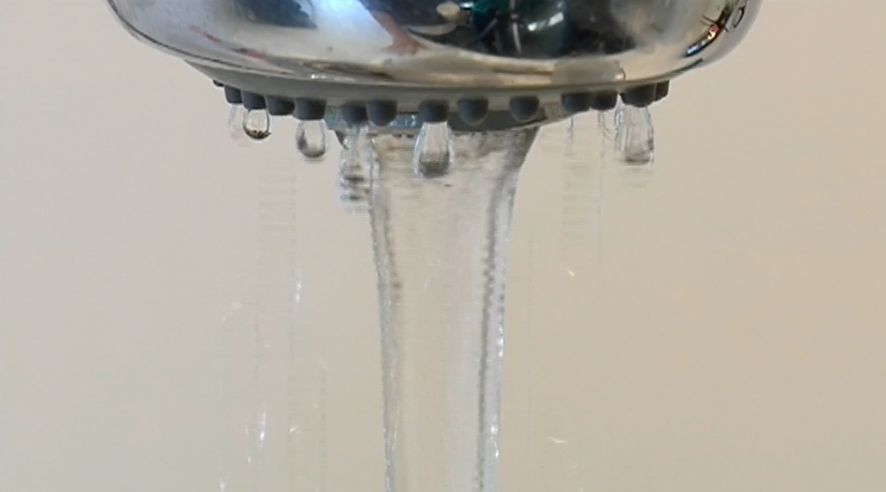The state Senate on Tuesday approved a package of measures meant to bolster water quality in the state, including bills that would lead to testing for lead in public parks, a ban on pesticide usage at children's camps and a ban on coal tar.
The legislation was approved as part of a recognition of Water Week, and cheered by environmental organizations.
“Water quality and its protection are critical to the wellbeing of our communities.” Senate Majority Leader Andrea Stewart-Cousins said. “New Yorkers deserve to be assured of the safety of their water, and we must protect this invaluable resource. I commend the sponsors for their leadership in protecting our portable water sources from pollution and ensuring that every New Yorker has a water supply they can trust.”
Lawmakers approved a bill that would require lead contamination tests in the drinking water of public parks once every three years to ensure proper monitoring and remediation if needed.
"Our country and our state have seen the challenges posed by failing to protect our water supply and the damage caused to our water quality as a result," said Sen. Mike Gianaris, the measure's sponsor. "I'm pleased to support these bills, including my legislation to address lead in our drinking water."
The state Senate also approved a ban on the use of pesticides at overnight or summer day camps for children as a way to protect water quality at those facilities.
“Summer is almost here, and parents are beginning to plan summer activities, including signing their children up for camp," said Sen. Samra Brouk. "After long winter days of being indoors due to COVID-19, we know that the demand for summer camps will be higher than ever this year — and we should make the health and safety of the children attending those camps our top priority."
Meanwhile, the Senate also approved a ban on the use of coal tar, a material that can seep into surface waters and water undergorund.
A bill that would bar parties found responsible for pollution that exceed state and federal goals and standards from receiving state assistance payments was also approved, as was a measure to list emerging contaminants that would be required for testing in drinking water.
“Our water supply is precious and vital. The legislation set forth in this package by my colleagues seeks to ensure that our water supply remains safe and is monitored accordingly, prohibiting the sale of known toxins, as well as holding bad actors accountable and preventing them from benefiting from their malfeasance," said Sen. Jamaal Bailey.








